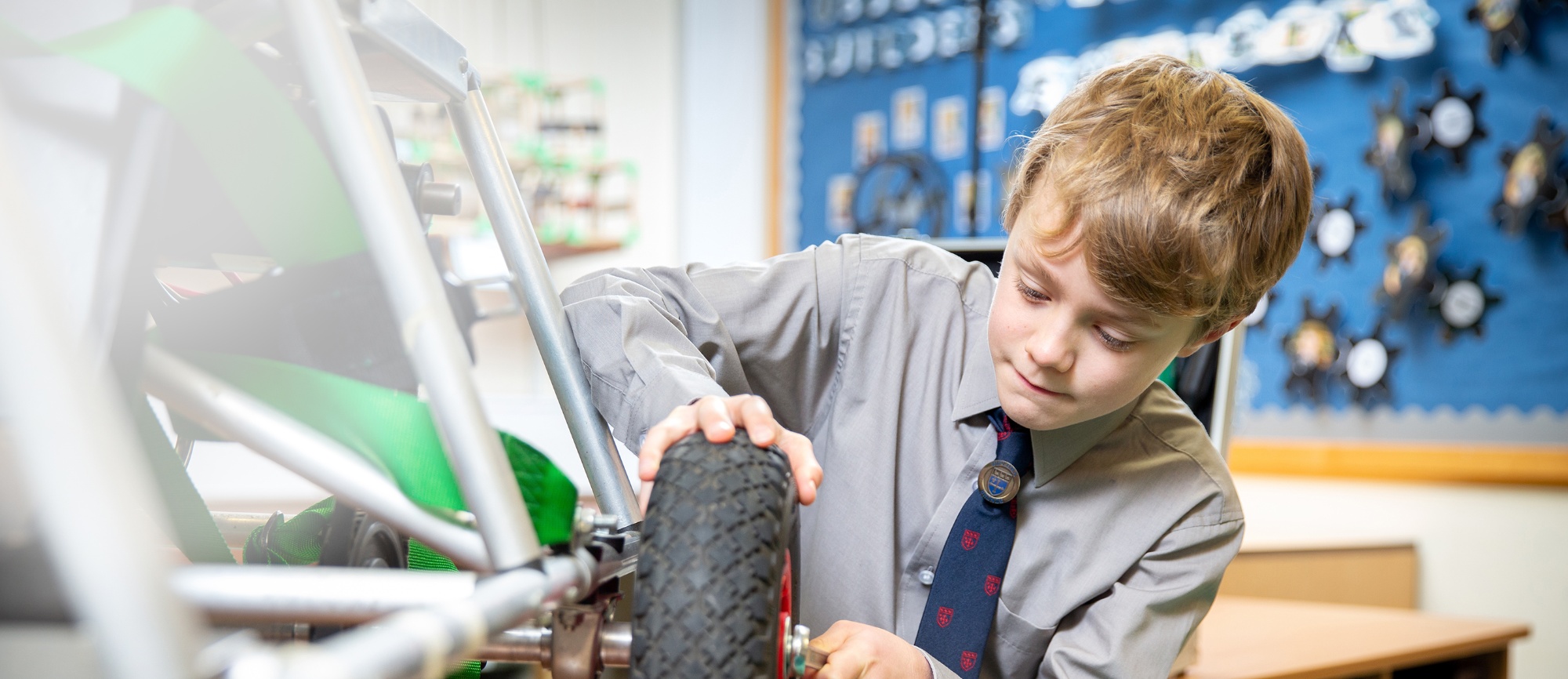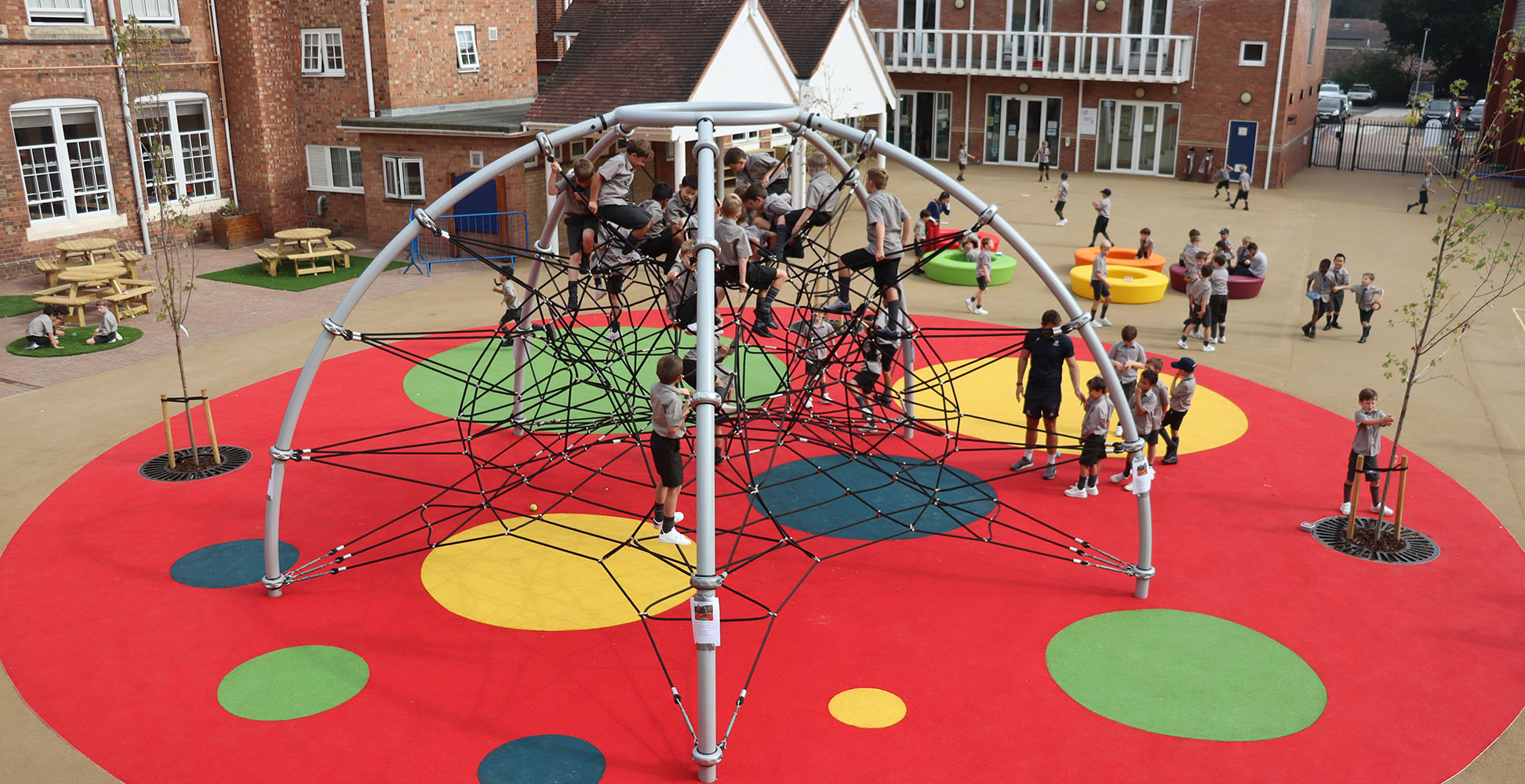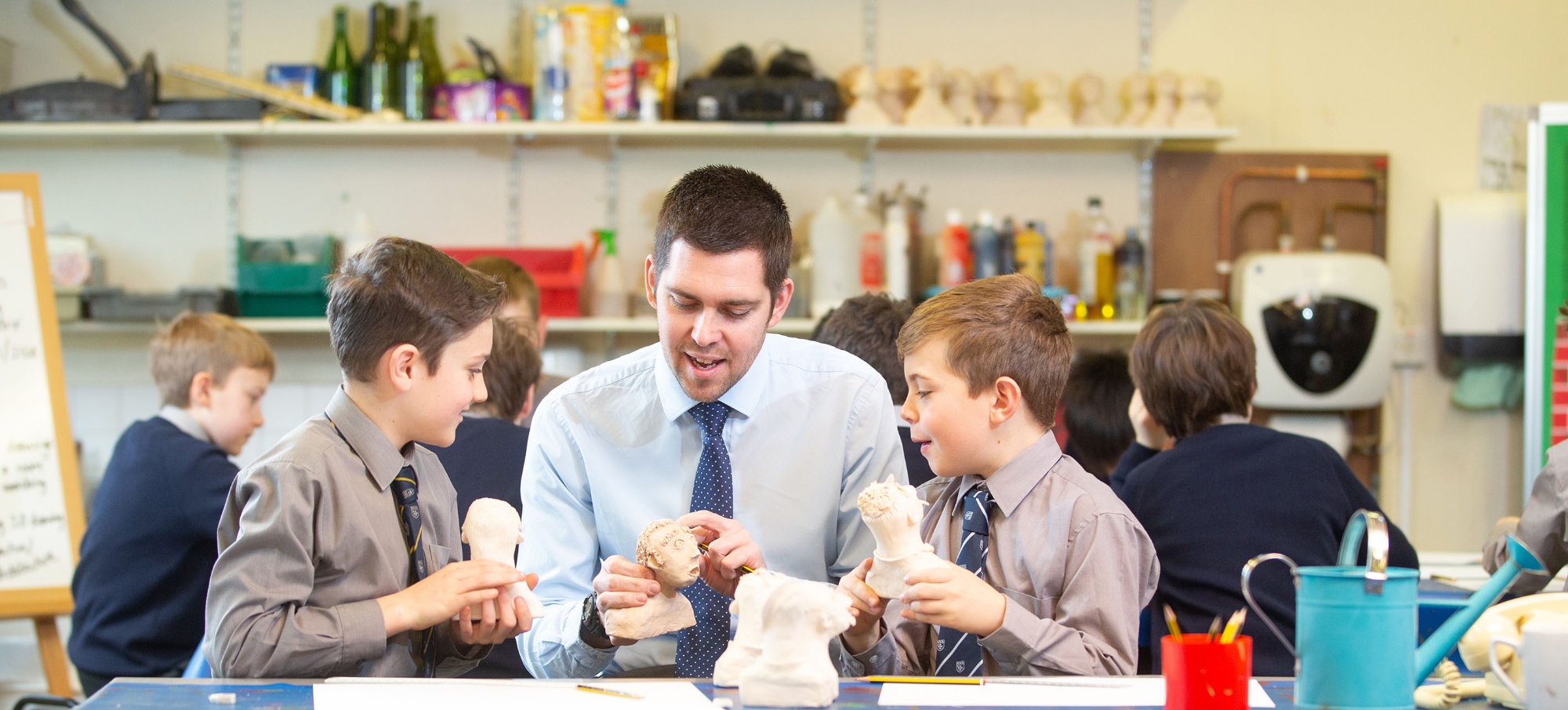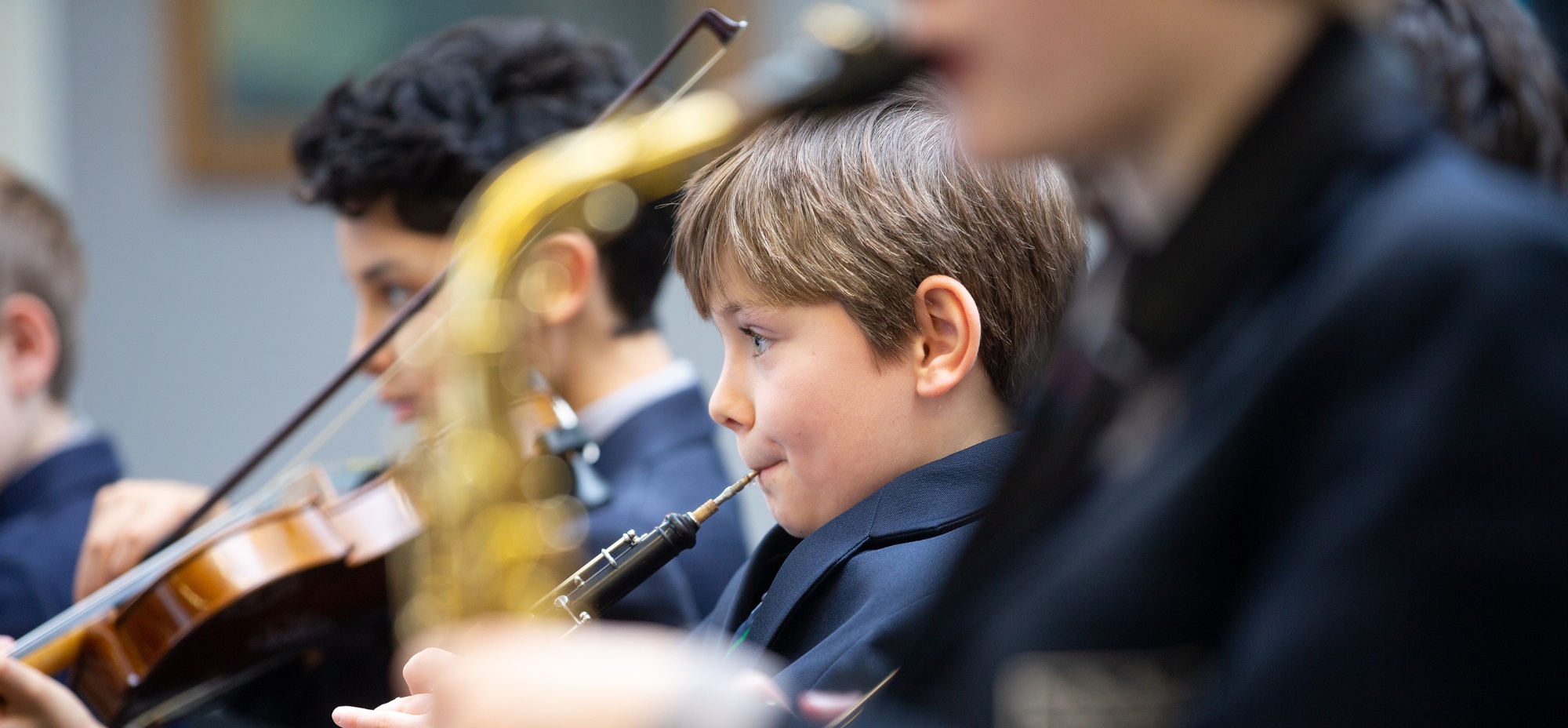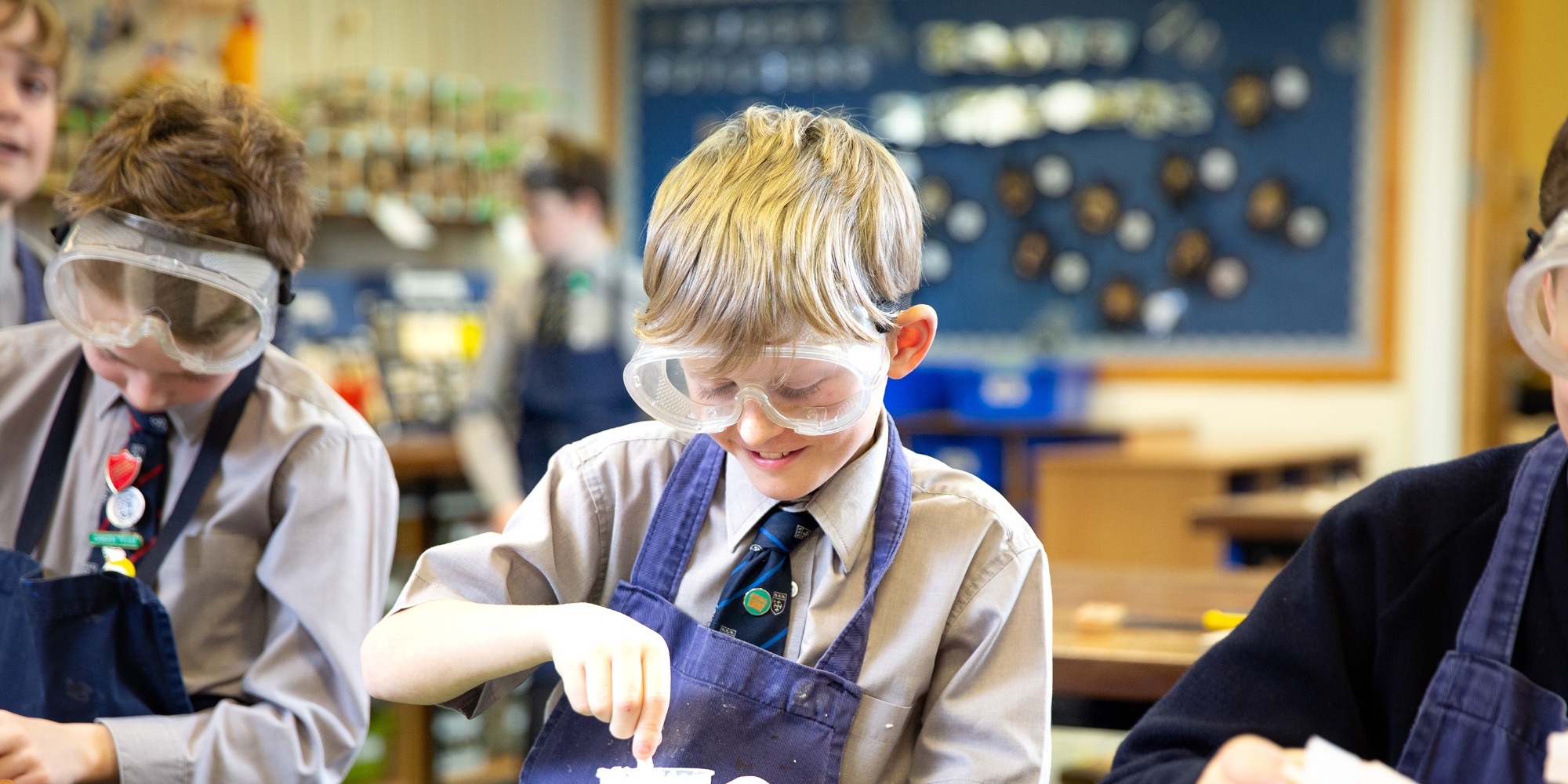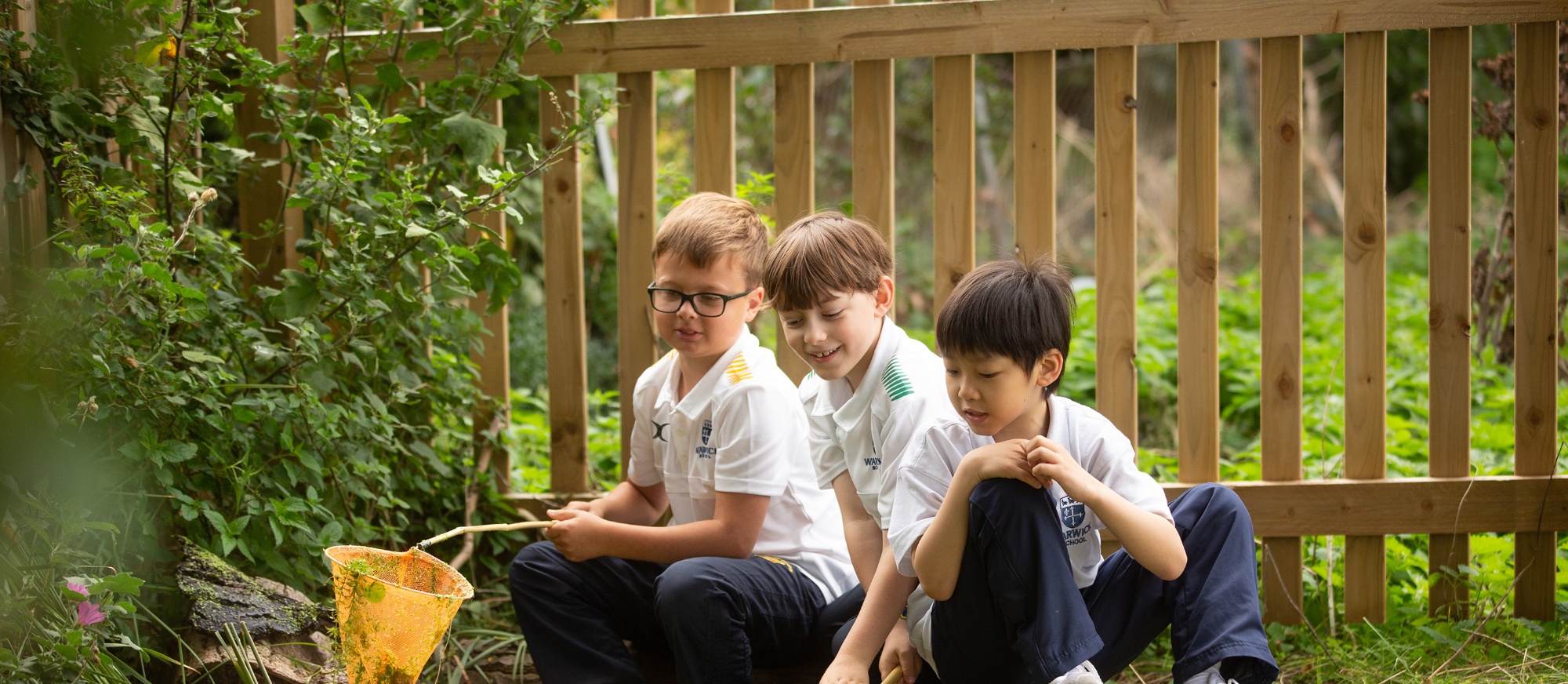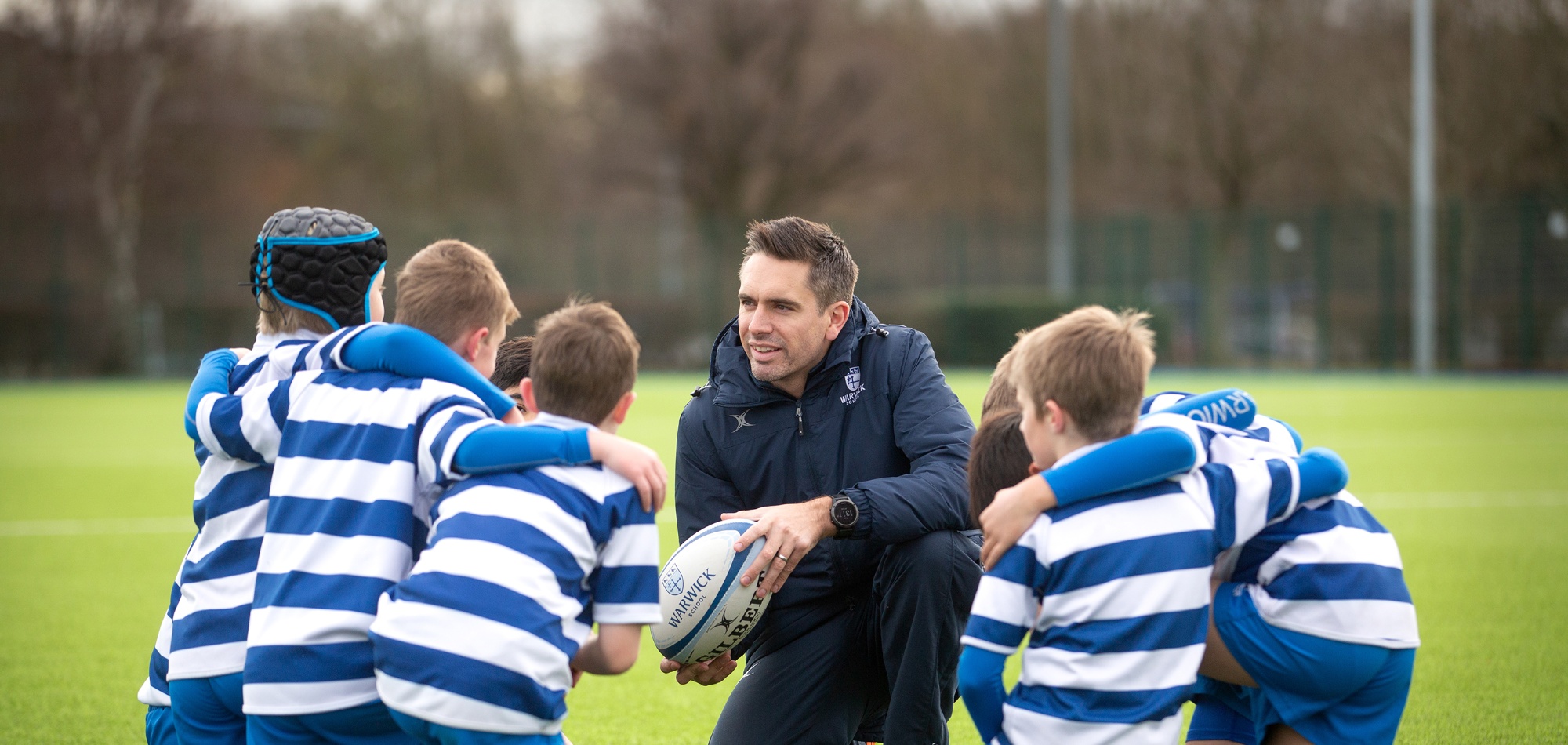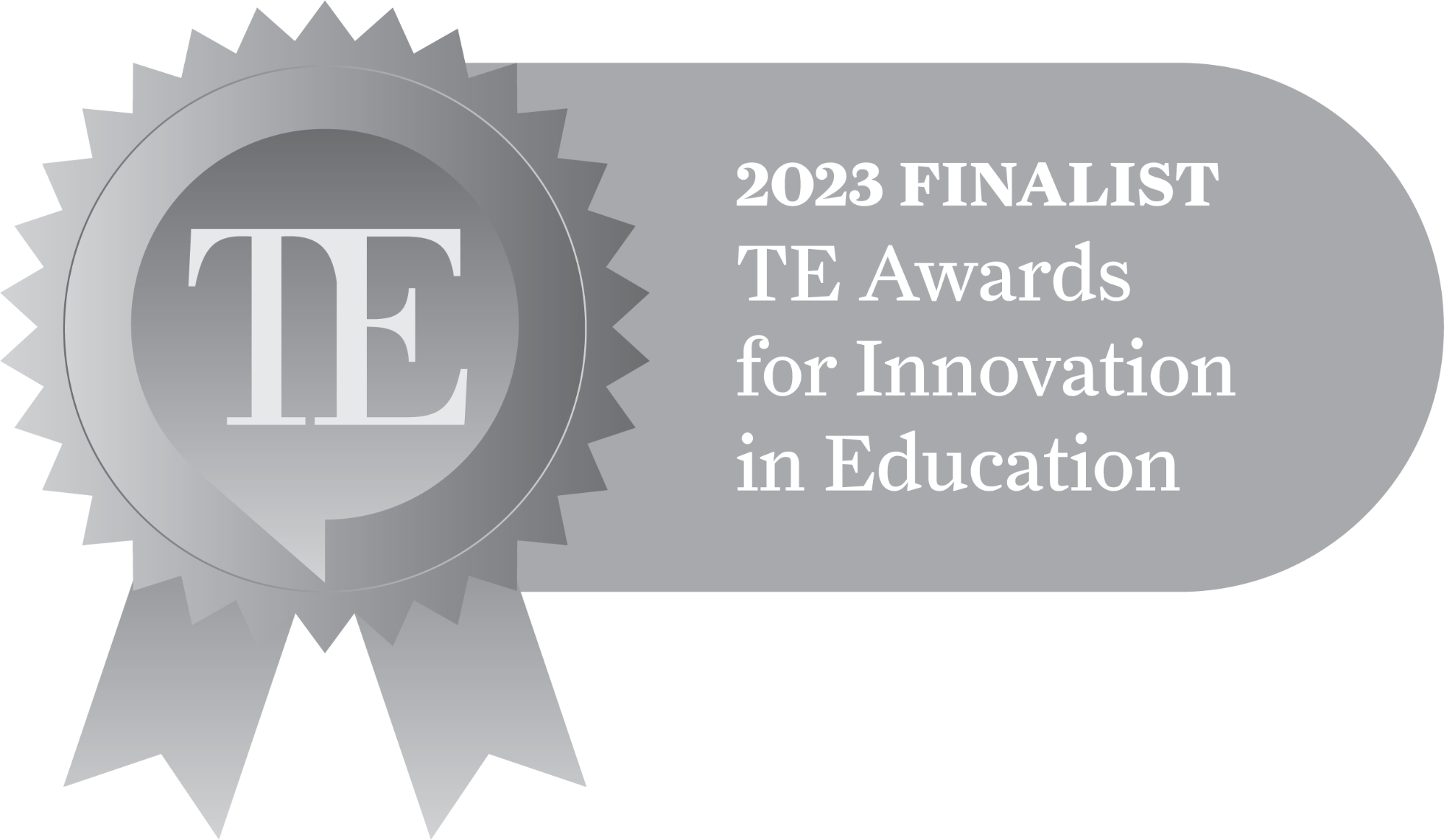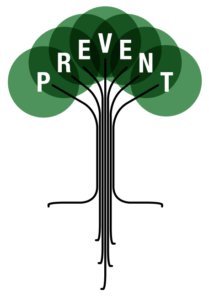Scientific Enquiry
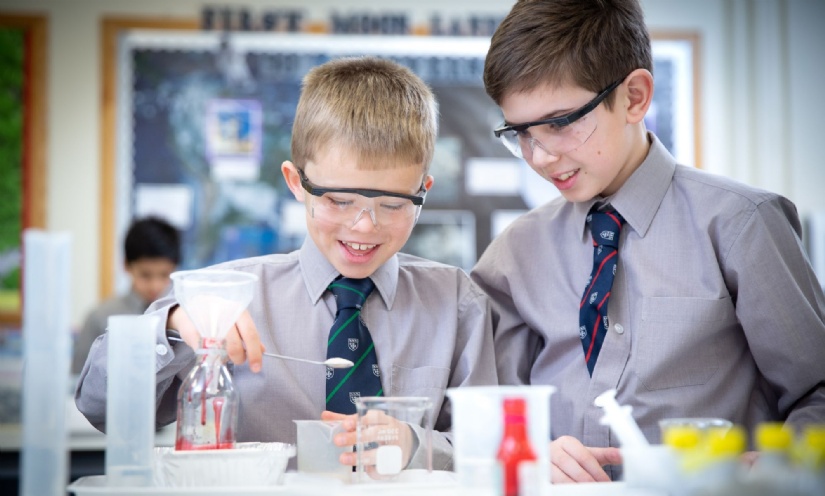
In English, pupils master spelling, grammar, and punctuation, essential for becoming adept writers. Equivalently, scientific enquiry skills form the foundation for success in science:
- Asking questions
- Making predictions
- Planning and undertaking investigations
- Observing and/or measuring
- Using tables and diagrams to record data
- Presenting data using charts and graphs
- Interpreting data and drawing conclusions
- Evaluating
From Year 3 to Year 6, our pupils engage in a diverse range of enquiries across physics, chemistry, and biology. They develop their skills from conducting comparative and fair tests, researching using secondary sources, observing changes over time, identifying patterns, grouping and classifying data, and more.
In Years 3 and 4, our dedicated form tutors lead science lessons, combining theoretical knowledge with hands-on activities, all expertly supported by our lab technician. Our classrooms are well-equipped, ensuring that pupils have the necessary tools for collaborative learning as they work in pairs. This collaborative approach not only enriches the learning experience but also fosters teamwork among pupils.
As pupils progress to Years 5 and 6, they delve deeper into the world of science being taught by a subject specialist in our fully equipped laboratory. To further enhance their learning journey, we often borrow more advanced equipment from the Senior School, pushing the boundaries of their scientific exploration.
An intensified emphasis on data analysis during these years plays a pivotal role in equipping our pupils with essential skills for Year 7 and beyond. Through tailored instruction, pupils gain a comprehensive understanding of various types of data and the appropriate graphs to effectively communicate their findings. A special focus is placed on the significance of scatter graphs, empowering pupils to identify correlations and skilfully utilise them to make predictions about future outcomes.
While these enquiry skills are essential for excelling in science, it's important to recognise their transferability to other subjects. Just like mastering the basics of spelling, grammar, and punctuation, these skills contribute significantly to a pupil's overall academic success and future career readiness.
However, beyond these skills, the most crucial quality for a budding scientist is curiosity. Parents can play a pivotal role in nurturing this curiosity by seizing opportunities to ask thought-provoking questions and engaging in science-related activities at home. Cultivating a sense of wonder and enquiry lays the foundation for a lifelong passion for learning and exploration.
by Mr Lewis, Head of Science

